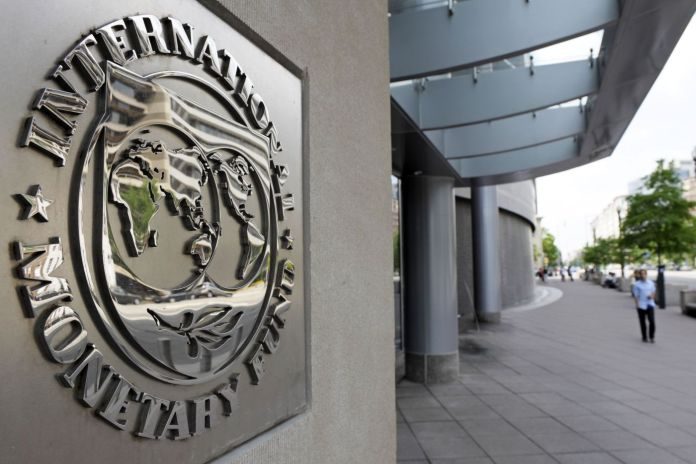BELMOPAN, Belize – On November 27, 2019, the executive board of the International Monetary Fund (IMF) concluded the Article IV consultation with Belize.
Belize’s economic recovery continues but the pace is slowing. Real Gross Domestic Product (GDP) grew by 3.2 percent in 2018 and unemployment has reached a historic low amid near-zero inflation. However, recent data indicate a slowdown in economic activity, reflecting a severe drought. Growth for 2019 as a whole is projected at 1½ percent. The current account deficit remained large in 2018, at 7.9 percent of GDP. The financial sector is stable. The government implemented significant fiscal consolidation over the past two years, but the primary fiscal surplus is expected to narrow this year and remain below two percent of GDP for the following two years.
The medium-term outlook remains challenging. The real GDP growth is projected at just below two percent over the medium term. The current account deficit is expected to remain large, with international reserves at about three months of imports of goods and services. Public debt remains elevated, at above 90 percent of GDP. Belize is vulnerable to weaker US growth, which would impact tourism, to higher oil prices, and weather-induced natural disasters.
Violent crime poses risks to growth, competitiveness, and macroeconomic stability. The financial system remains vulnerable to a loss of Correspondent Banking Relationships (CBRs). The government continues to contest legacy claims, which could lead to large public financing needs. On the upside, an intensification of structural reform could further raise investment, income, and employment.
Executive directors commended the authorities’ ongoing efforts to enhance Belize’s policy and regulatory frameworks, noting the historically low unemployment and near-zero inflation. Directors, nevertheless, acknowledged that the country continues to face challenges, including high public debt and external imbalances, modest potential growth, and vulnerability to natural disasters and climate change. They encouraged the authorities to accelerate structural reforms to strengthen inclusive growth; reduce public debt; strengthen financial sector oversight; and build resilience to climate change.
While welcoming the significant fiscal adjustment achieved over the past two years, directors called for continued fiscal consolidation over the medium term to ensure Belize’s external stability and debt sustainability.
In this regard, directors encouraged further efforts to broaden the tax base, phase out exemptions and tax incentives, restrain current spending, including through the wage bill and pension reforms, and improve the efficiency of spending through public financial management reforms. These measures could provide fiscal space for social programs to alleviate poverty and needed infrastructure. To support the fiscal adjustment, directors encouraged the authorities to consider a rule-based fiscal framework based on a debt anchor.
Directors welcomed the significant progress in enhancing financial soundness. They encouraged further efforts to strengthen bank supervision and the resolution framework for financial stability. In this context, directors welcomed the authorities’ commitment to conduct an asset quality review to assess banks’ capital buffers and underscored the importance of intensifying supervision and enforcement in the international financial services sector to bolster investor confidence and prevent a loss of Correspondent Banking Relationships. Directors emphasized the need to further strengthen the AML/CFT framework and implement international standards on virtual assets.
Executive directors encouraged the authorities to accelerate structural reforms to improve the business climate and address supply-side bottlenecks to promote inclusive economic growth. While welcoming the recently launched National Financial Inclusion Strategy and the planned establishment of a credit bureau, directors called for further reforms to facilitate access to credit, streamline procedures for starting a business, fight corruption and crime, and expand training programs, particularly for the youth.
Directors commended the authorities’ efforts and commitment towards natural disaster resilience, including their plan to develop a Disaster Resilience Strategy based on a multi-year macro-fiscal framework that would provide a comprehensive guide to Belize’s resilience-building needs and plans. Directors also encouraged the authorities to continue making investments into climate-resilient infrastructure and to optimize the use of risk management instruments.





